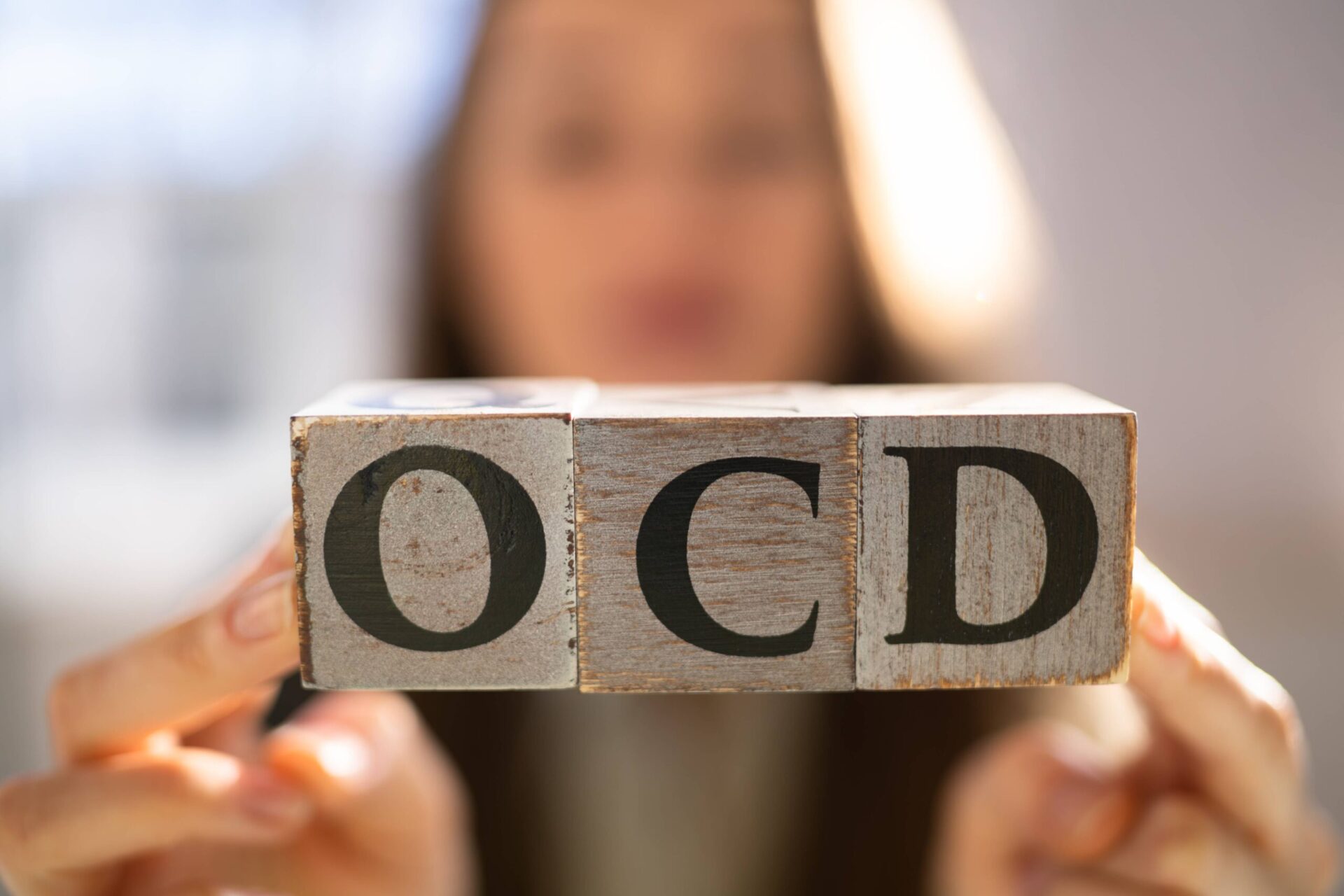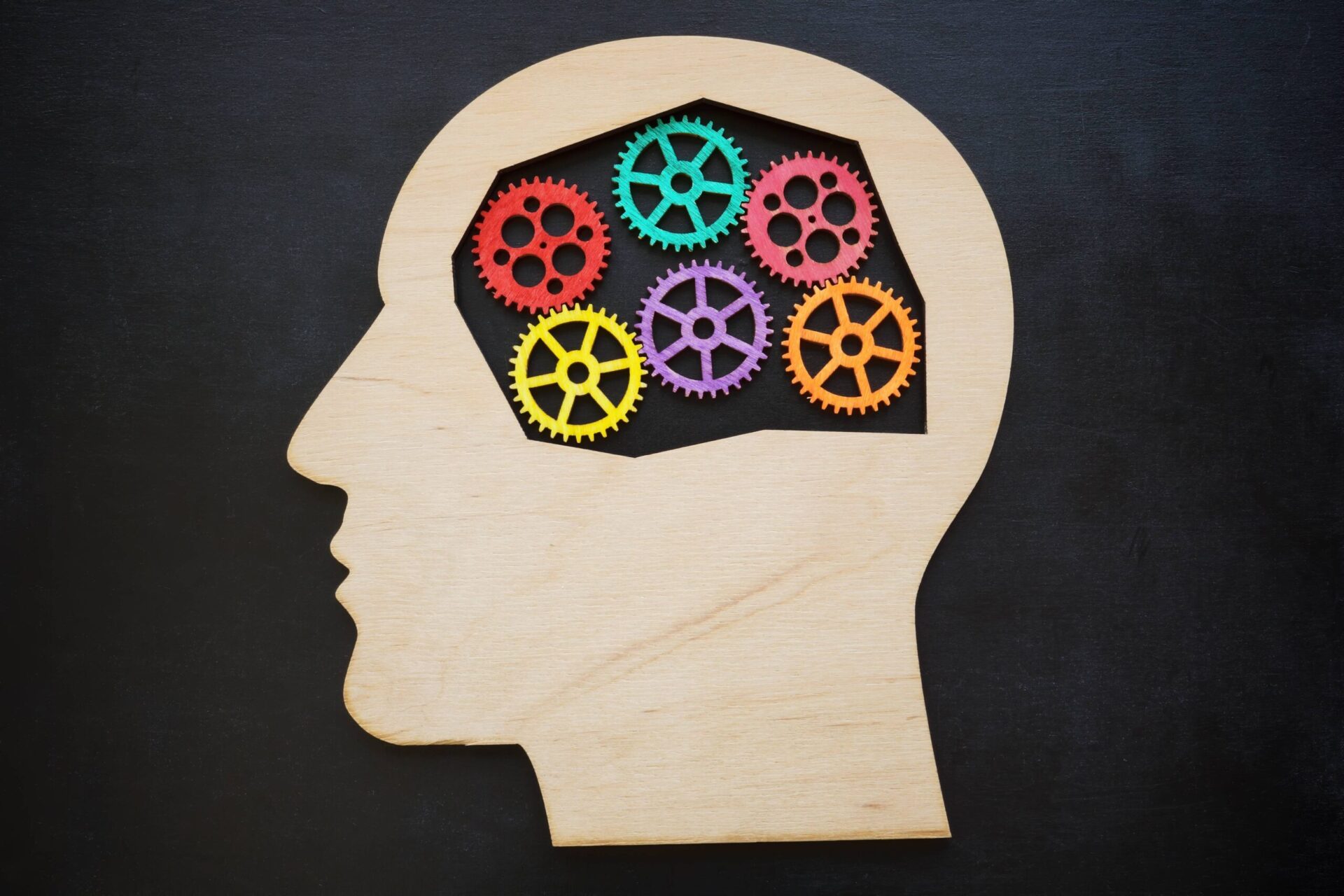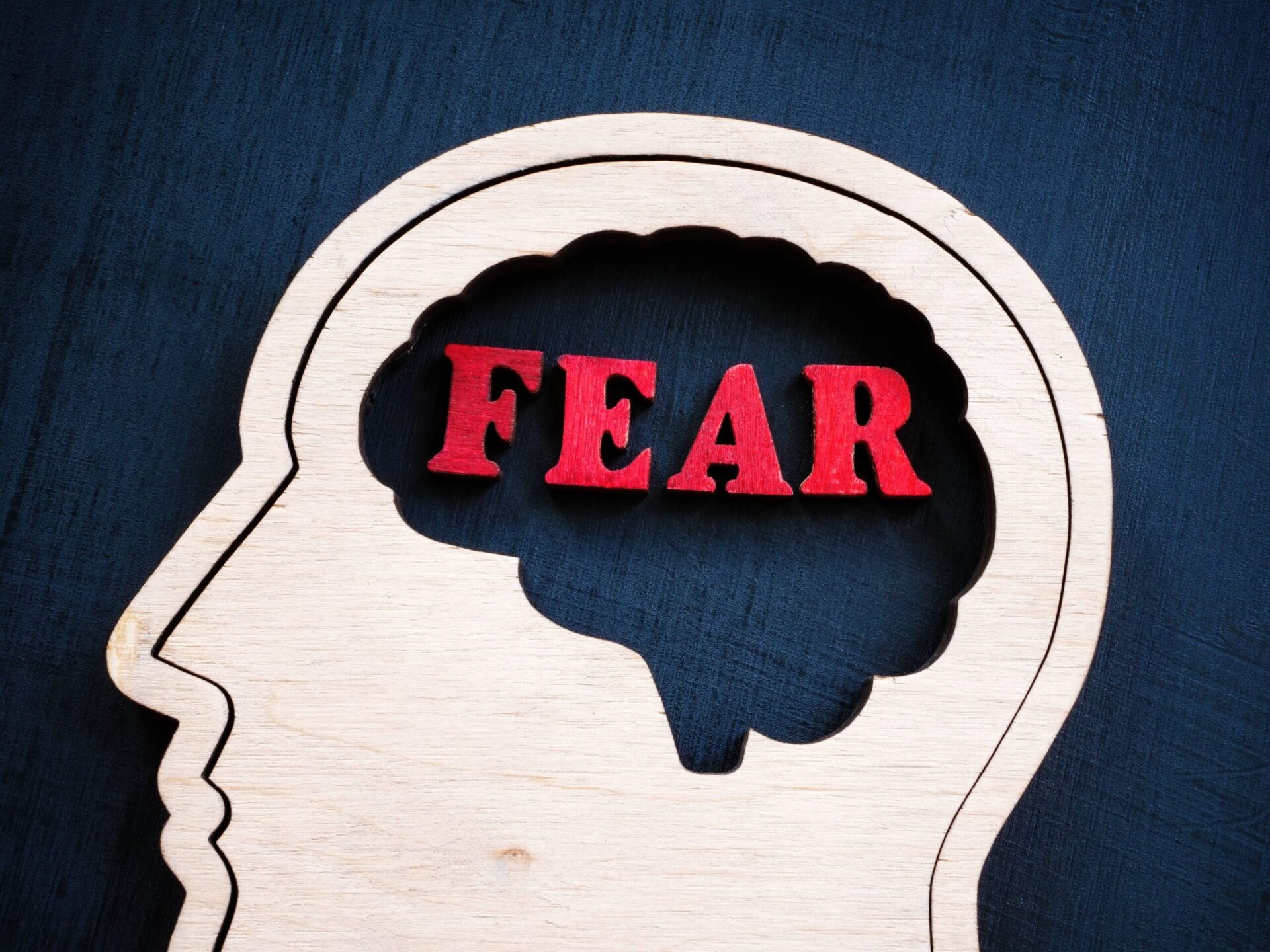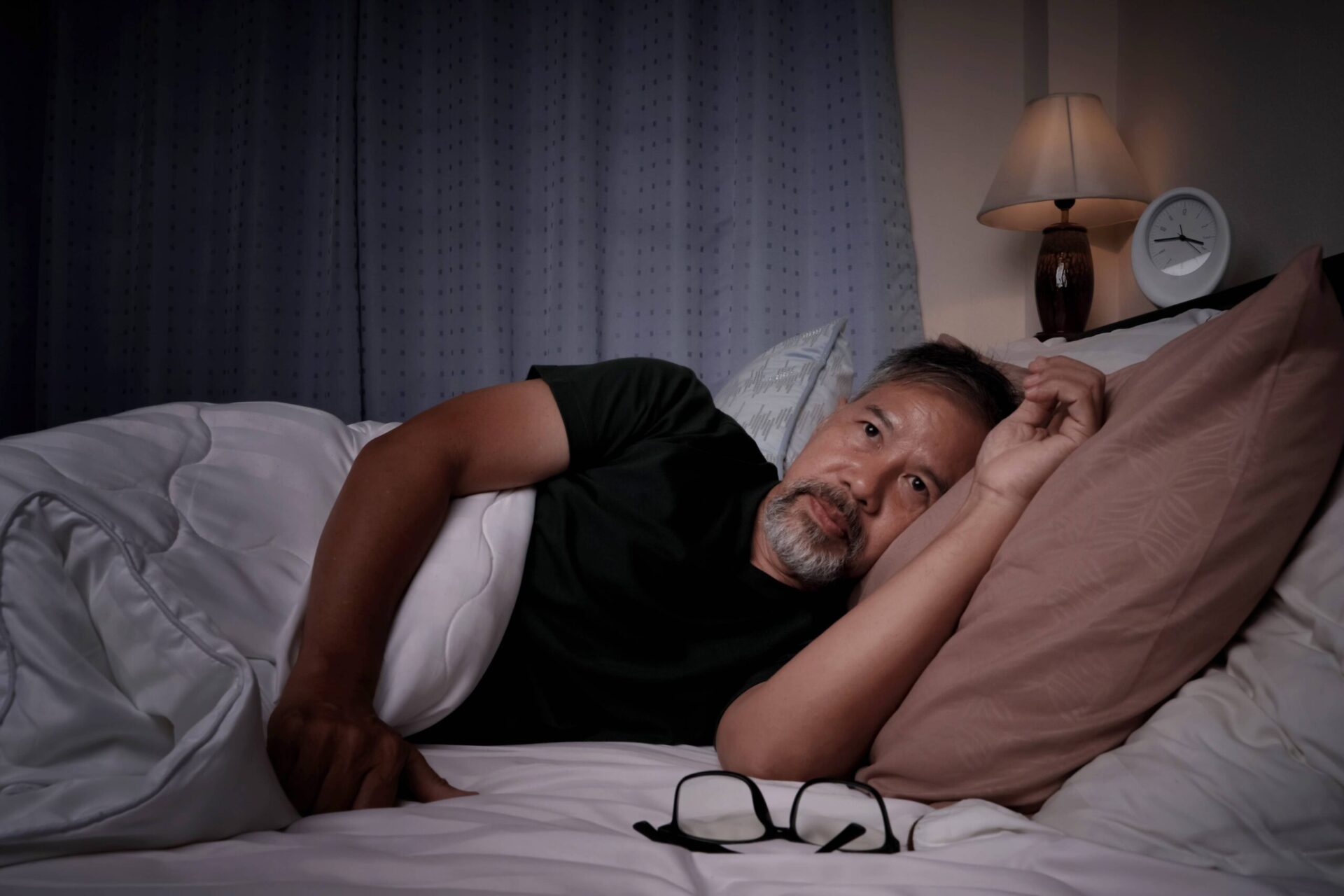Everyone has intrusive thoughts. They arise involuntarily and out of the blue and can be upsetting, worrying, offensive, bizarre or violent. For most of us, these thoughts are fleeting and, even if they make us stop for a second to wonder why we had them, they are easy to dismiss and we dismiss them
Some people find it impossible to ignore their intrusive thoughts. They dwell on them and this, in turn, makes the thoughts occur more frequently, and become increasingly distressing, causing great anxiety. The thoughts might then become obsessive or compulsive and, if the person can’t distinguish between them and the sort of intrusive thoughts we all have, they can lead into obsessive or compulsive urges which, if they are not controlled, turn into obsessive or compulsive behavior.
So, What is OCD? Obsessive-compulsive disorder (OCD) is an anxiety-related condition. It affects about 12 people in every 1,000 which, in the UK, means about a quarter of a million people, half of whom will have a severe form of the illness. It is indiscriminate, affecting people of any age, gender, and socio-economic group though it most often emerges in men during their adolescence and women in their early twenties. David Beckham, Cameron Diaz, and Megan Fox are understood to suffer from OCD.
A common misunderstanding of “what is OCD” is that it manifests itself as compulsive or repetitive hand washing or checking about locking up or turning off lights. That is how it affects some people but, for many, it can be more complicated.
The obsessive or intrusive thoughts “which can be about themselves or someone significant to them can themselves be seriously debilitating, overwhelming people’s minds and preventing them from getting on with their lives. Although it is usual for people with OCD to be aware of their obsessive thoughts, and know that they are not rational, they believe there is only one way to relieve the anxiety they cause and that is by performing rituals. Those rituals might be physical or mental but they seldom bring anything other than very short-term relief; usually, they reinforce the obsession or compulsion making it worse. Nor do these rituals solve the perceived problem whatever is at the heart of their obsessive or compulsive thoughts which can add to their anxiety.














